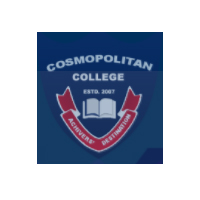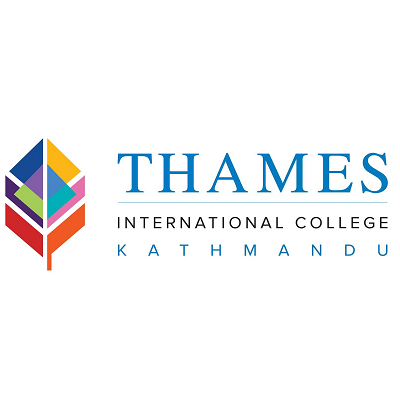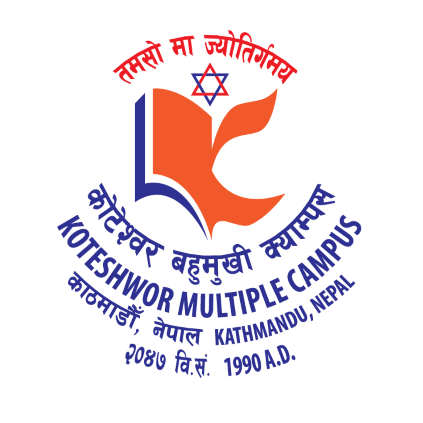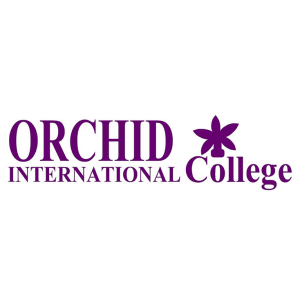Overview
Bachelor of Arts (BA) at Newton International College, Jorpati, Kathmandu
Bachelor of Arts (BA) at Newton International College runs under Tribhuvan University (TU) from the campus at Gokarneshwor-5, Narayantar, Jorpati, Kathmandu. The college has operated since 2007 and lists BA among its bachelor-level programs.
This course suits students who want a grounded humanities pathway with room to focus on languages, social sciences, or culture studies.
You study under TU’s national BA framework across four academic years. The structure includes compulsory English, Nepali, and Nepal Studies, plus majors and electives set by TU’s Faculty of Humanities and Social Sciences (FOHSS).
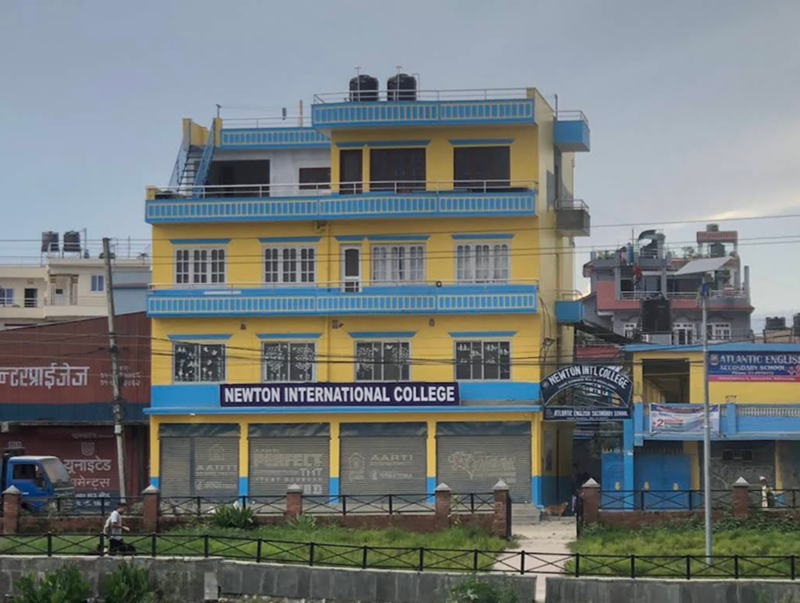
Highlights
-
Affiliation: Tribhuvan University (TU)
-
Location: Gokarneshwor-5, Narayantar, Jorpati, Kathmandu
-
Duration: Four academic years under TU
-
Facilities: Library and computer lab with internet
-
Academic routine: Weekly and monthly tests, terminal exams, re-exams where applicable, and prompt feedback
-
Field exposure: Educational excursions as announced by the college. These features come from the college’s published information.
Curriculum Details
TU’s BA is an interdisciplinary program with compulsory English, Nepali, and Nepal Studies, plus two major subjects and two electives as per FOHSS rules. Colleges select and announce the combination they can run each intake, following TU syllabi.
Subject syllabi for the four-year BA are published by FOHSS (e.g., Anthropology, Nepali, Philosophy and others) and are available from TU’s official site. Your exact combination at Newton International College should be confirmed during admission counseling and orientation.
Examples of common BA study areas under TU include: English, Nepali, Sociology, Rural Development, Anthropology, History, Geography, Psychology, Economics, Journalism and Mass Communication, Linguistics, and Culture studies. Your major selection shapes later-year depth and project work set by TU.
Objectives
-
Help students understand human society, culture, and communication using TU-approved coursework.
-
Build steady habits in reading, writing, argumentation, and source use.
-
Encourage ethical and responsible work practices in classes and field-linked activities.
-
Support consistent academic progress through regular tests and timely feedback cycles announced by the campus.
Scope
Graduates move into roles that value writing, analysis, and people skills. Typical entry points include program assistance in NGOs, school and community projects, front-office and coordination roles, junior reporting or content support, and administrative posts.
Many students plan for master’s study in subjects such as English, Sociology, Rural Development, or Journalism under TU or other recognized universities.
Learning Outcomes
By the end of the course, students aim to:
-
Read critically and write clear, source-aware essays and reports.
-
Explain social and cultural issues in Nepal using basic concepts from chosen majors.
-
Prepare concise presentations and short research notes.
-
Work in small teams, share tasks, and respond to feedback.
-
Maintain academic integrity and respectful conduct during study and field-linked tasks.
Skill Development Modules
-
Academic writing and citation: Short papers, summaries, and presentations that follow TU guidelines.
-
Research basics: Framing questions, simple data collection, and clear reporting.
-
Communication: Classroom discussions, seminar-style talks, and note-taking strategies.
-
Digital literacy: Use of the computer lab and online resources for reading lists and assignments.
-
Community observation: Short visits or excursions that link course themes to real settings when scheduled.
Teaching Methodology
Classes run under a predictable academic rhythm. Students sit for weekly and monthly tests, terminal exams, and re-exams where applicable. Teachers provide prompt feedback so you can adjust your study plan early.
The college also announces educational excursions inside and outside the valley to connect classroom ideas with observation.
Admission Requirements
Newton International College handles BA admissions under TU and campus policy. The college prospectus lists eligibility details for BBS and BASW; for BA, applicants should follow TU FOHSS rules and the campus intake notice published each session. Visit the office with your +2 transcripts, character certificate, and identification to confirm subject combinations and seat availability.
FOHSS outlines a four-year BA structure with compulsory English, Nepali, and Nepal Studies and selection of majors and electives. Students should confirm any subject-specific prerequisites (for example, requirements for certain majors) when applying.
Career Opportunities
BA graduates enter roles in administration, communications, community programs, entry-level research support, documentation, and content work. Some students explore school support posts, junior reporting, social sector coordination, or customer-facing roles. Further study at the master’s level strengthens subject-matter depth for teaching, policy work, or specialized project roles.
Scholarships and Financial Aid
The college mentions merit-based scholarships for deserving students. Criteria, number of awards, and timelines are announced during admission. Submit required documents within the stated deadline to be considered.
Why Choose BA at Newton International College?
You study a TU-recognized BA at a campus that follows a steady assessment cycle and offers core facilities such as a library and a computer lab with internet.
The Jorpati location supports daily travel for many families in Kathmandu. Field-linked activity windows and excursions help you connect theory to observation and improve confidence during the program.
Conclusion
BA at Newton International College provides a clear humanities route under TU. The course allows you to choose majors that match your interests and goals, while the college maintains routine assessments and feedback. Confirm the current subject combinations, class timetable, and fee table during counseling for an accurate plan before enrollment.
FAQ
1) How long is the TU BA?
Four academic years under TU’s Faculty of Humanities and Social Sciences.
2) Where is the campus located?
Gokarneshwor-5, Narayantar, Jorpati, Kathmandu.
3) Which subjects can students study?
FOHSS publishes syllabi across many subjects (e.g., Anthropology, Nepali, Philosophy and others). Colleges announce combinations they run each intake.
4) What facilities support study?
Library and computer lab with internet; routine tests and feedback; excursions when announced.
5) Are scholarships available?
Yes. The college mentions merit-based scholarships. Check the current intake notice for details and deadlines.



